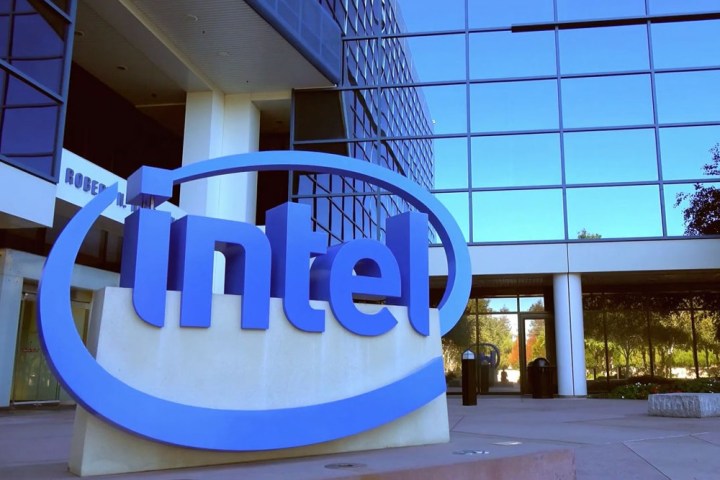
Earlier this year, Qualcomm took a shot at Intel with the unveiling of its Snapdragon 835 chip, which the likes of HP, Asus, and Lenovo are already confirmed to be using in their production of Windows 10 PCs. Now, Intel has issued something of a response, stating an intention to “carefully protect” its innovations.
The dispute revolves around the x86 architecture, which is the basis of most laptop and desktop PCs on the market at present. Qualcomm will seemingly use emulation, built in partnership with Microsoft, to run x86 apps on ARM-based systems. And that doesn’t seem to sit too well with Intel.
The company lays out a brief history of its continued attempts to defend its intellectual property related to x86, including legal action against the likes of AMD, Cyrix, and the Transmeta Corporation. The latter receives a particularly pointed write-up, which notes that it was the last company to attempt to produce a compatible x86 processor via emulation, before its failure led to the firm’s exit from the microprocessor business.
“Only time will tell if new attempts to emulate Intel’s x86 ISA will meet a different fate,” reads the post on the Intel website, which starts off as a celebration of the 40th anniversary of the 8086 processor, before taking a more combative turn.
It’s worth noting that Qualcomm and Microsoft aren’t mentioned by name anywhere in the text. Neither are any of the PC makers that have announced plans to build Qualcomm-based PCs. It’s theoretically possible that Intel is referring to its broader efforts to defend x86 from being used improperly by other entities — but given recent events, it seems likely that Qualcomm and Microsoft are the intended target.
Microsoft stands to lose out almost as much as Qualcomm if Intel can successfully block x86 emulation. Windows 10 on ARM is a priority for the company, and any legal action taken by Intel could potentially thwart its progress. That said, it remains to be seen whether Intel can follow up on its strongly worded warning.
Qualcomm had the following to say about Intel’s post in this statement from a spokesperson that was supplied to Digital Trends:
“Given our recent announcement with ASUS, HP and Lenovo, we found the blog that one of our competitors published on June 8 very interesting. We look forward to the launch of the always connected Windows 10 PC powered by the Qualcomm Snapdragon 835 Mobile PC Platform later this year. As showcased at Computex 2017 in conjunction with Microsoft, the Snapdragon 835 Mobile PC Platform brings a true [emphasis Qualcomm’s] always connected PC experience with support for up to Gigabit LTE connectivity and all-day battery life for sleek, thin and fanless designs. This will change the future of personal computing.”
Meanwhile, Microsoft offered up a more diplomatic statement on the matter:
Customers have told us they want Always Connected PCs, which will deliver great productivity at a great price, and we are confident in our ability to bring these compelling devices to market working with a wide range of partners.
At this point, neither side seems ready to back down from this dispute.
Editors' Recommendations
- Windows 11 tips and tricks: 8 hidden settings you need to try
- Microsoft announces a new threat to push people to Windows 11
- Windows 11 vs. Windows 10: finally time to upgrade?
- Qualcomm just made some bold claims about gaming on ARM PCs
- The upcoming Windows ARM laptops may have surprisingly powerful GPUs


